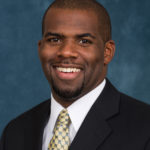
By Halle Wangler, former U-M women’s basketball student-athlete
Every single day we are faced with choices. The magnitude of these choices could be as small as choosing to eat the last slice of pizza, or as profound as deciding which career path you want to pursue. We all have choices, even when we think we do not. It is easy to get caught up in saying things like “I have to” or “I can’t”, but the truth of the matter is that we always have a choice. Even deciding not to choose is making a choice. Recognizing this and taking responsibility for our actions is paramount in making great things happen in our lives.
While we cannot change the cards that we have been dealt, it is always possible to choose how we respond to what life throws our way.
I am a quote person. I am “that friend” that always has some line of advice on deck and is ready to unleash it in any given circumstance. I have cheesy quotes, inspirational quotes, and endless amounts of food-related quotes. That said, I am going to share with you one quote that has changed my life for the better:
“The quality of your life depends on the quality of your choices”
This quote hits home for me because it perfectly articulates what I have learned from my own personal journey of spiritual growth and recovery. I have learned, more often than not, that our lives are dependent on the choices we make.
The more time I spend reflecting on the challenges, triumphs, devastation, and overwhelming joy I have experienced thus far in my life, the more apparent it is that the common denominator has always boiled down to a choice – or lack thereof – that I make. As much as I wanted to blame external factors and other people for the way my life played out, I finally came to terms with accepting the fact that the consequences of my actions fell on my shoulders. My choices mattered. Immensely.
On February 23, 2008, the day before my 15th birthday, my mother decided to end her own life. For the next several years thereafter, I chose time and time again to use her decision as justification for the countless poor decisions that I made moving forward. “My mother” was why I chose to drink in excess and put myself in reckless and compromising situations. “My mother” was the reason behind my inability to have a healthy and stable relationship with any male counterpart, and “my mother” was the reason why I almost destroyed nearly every healthy relationship in my life that meant something.
The three choices that I make on a consistent basis to ensure that I am putting myself in the best position to combat this disease include exercise, taking my medication, and constantly checking in with my support team.
Like my mother, I too, battle bipolar disorder. While I almost wish that I could excite you with some elaborate “coming to Jesus” moment about how I overcame this and now live a life free from the grasps of my former demons, that just is not the case.
My symptoms now, though, are not nearly as debilitating as they once were, because I understand the relationship between my choices and my symptoms/mood. The reality of the situation is that this disease will never completely “go away”; I will battle it for the rest of my life. However, I’ve learned to make intentional choices on a daily basis that will keep me alive and dictate the quality of my life. The three choices that I make on a consistent basis to ensure that I am putting myself in the best position to combat this disease include exercise, taking my medication, and constantly checking in with my support team.
After finishing my athletic career and graduating from the University of Michigan, I needed to find something to fill the void of the demands of collegiate basketball. Throughout my life, basketball was my outlet, and although I could not control external situations or circumstances, I loved being in control of my effort and dedication on the court. This sense of personal commitment helped me through some of my darkest times, and gave me identity and purpose, two core components of well-being.
In order to satisfy my hunger for competition and athletics, I decided to take up running and lifting with the exact same mindset. Weekly workout routines and setting new personal athletic goals for myself have helped to fill that void and manage my anxiety and mania in a healthy way. I choose to continue exercising and working out because I know that it is not only good for my body, but also great for my mental health. Most importantly, it is something that I need in my life to stay stable. I also can give myself credit for making the choice to workout and take care of myself.
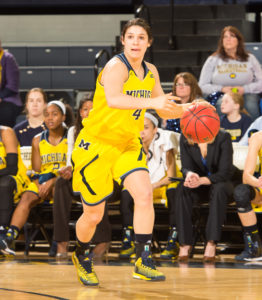
Medication was a hurdle that took me years to get over. For the longest time, I refused to take medication because I believed it was a sign of weakness. Being an athlete, I felt I was strong enough to overcome this disease without any help and was going to attack it on my own.
Nevertheless, I soon realized my game plan was not working, and in order to beat this opponent, I needed to adapt and get creative. “My zone defense was not getting the job done and so I decided that it would be best to switch to a full court trapping press”. By utilizing basketball analogies such as this, I was able to set my ego aside and stop focusing on the little battles in order to start winning the war. Every single morning, I choose to take my medication because I know that it gives me a leg up on my opponent.
The decision I made to take medication on a consistent basis was one of the hardest decisions that I have ever had to make, yet I would not have been able to accomplish and overcome the adversity I experienced without it. Every single morning, I choose to take that small white pill because I know for a fact that it will help put me in the best position to live my best life.
Lastly, the third component of my recovery approach consists of my support system. Without my family, close friends, former coaches and teammates, this battle would be much more challenging. I cannot stress enough the importance of having people in your corner who have your best interests at heart, are aware of what you go through, and who are willing to hold you accountable for your actions. Every single day I choose to be vulnerable and open up about what I am going through on any given day because I know that these individuals will be able to support me in a variety of different ways.
Despite my mother’s death and the dysfunctional neurotransmitters in my brain, I make a conscious effort each day to base my choices around the life I strive to live. Each day, I choose to not let these circumstances define me as a person, and I do this by how I live my life.
My advice to you is simple. Each day, ask yourself if the decision you are about to make will benefit your life, and if it will help reach your goals. In addition, remember that your future does not define your past, and the way you feel presently is not permanent. As long as your heart is still beating, you have a chance to turn it all around. You have a choice. Choose you.

About the Author
Halle Wangler is a Royal Oak, Michigan, native and a three-year letterwinner for the University of Michigan basketball team. She graduated from Michigan in 2016 with a marketing degree.
Additional Resources
Athletes Connected Get Support Page
Heinz C. Prechter Bipolar Research Program
U-M Counseling and Psychological Services (CAPS)
Campus Mind Works – U-M website supporting student mental health



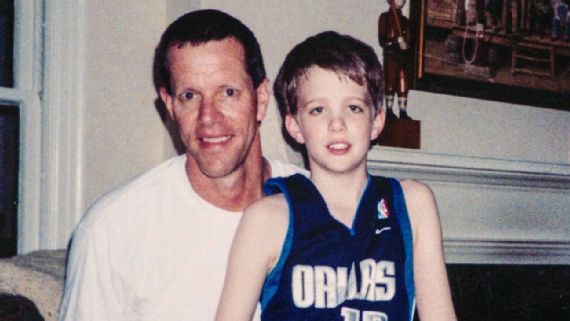

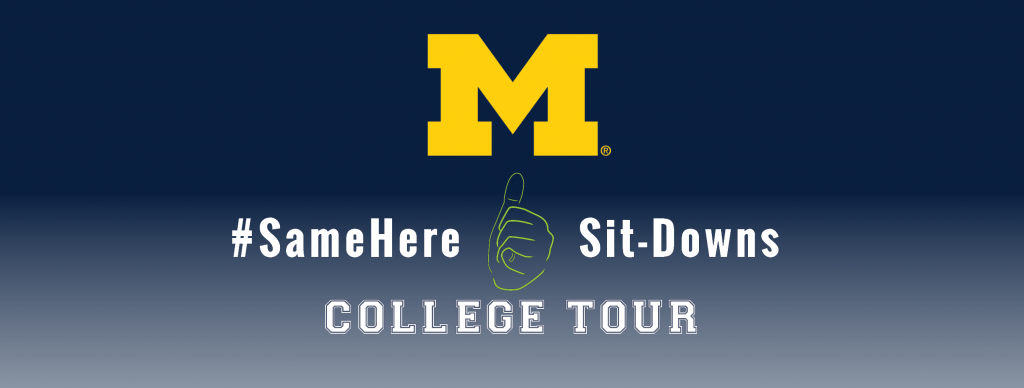
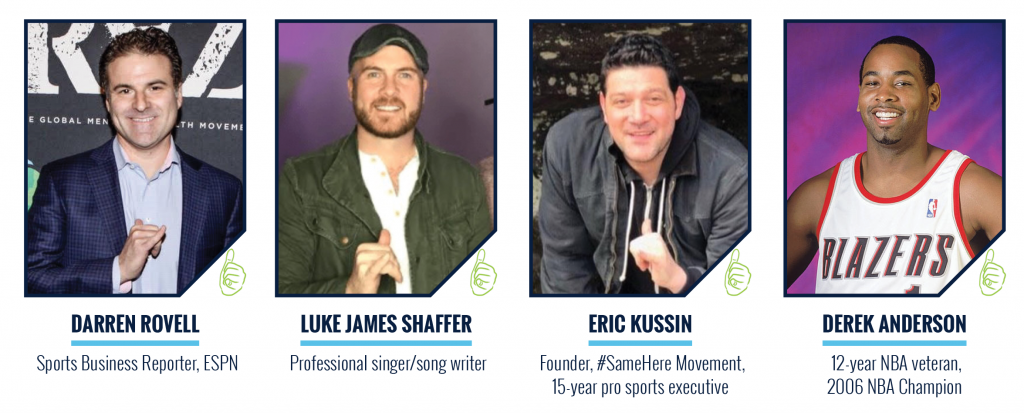


 It Starts with Me
It Starts with Me